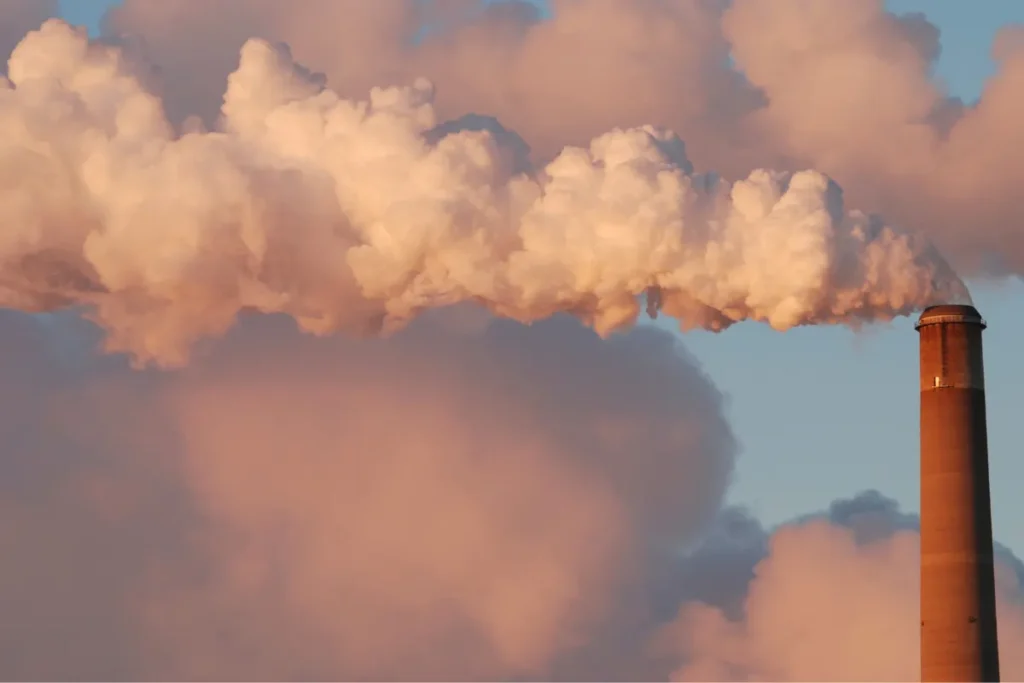Montevideo, MN, May 14, 2024 — On May 13th, 2024, CURE, The Sierra Club, and Dakota Resource Council (DRC) submitted a joint comment challenging the findings of the U.S. Department of Energy’s (DOE) most recent environmental review of Project Tundra, a proposed large-scale Carbon Capture and Storage (CCS) project in North Dakota.
Project Tundra is a proposal from Minnkota Power Cooperative—a rural electric cooperative that provides power to 137,000 member-owners in Minnesota and North Dakota. Minnkota wants to retrofit its aging Milton R. Young coal power plant with equipment to capture some portion of its excessive carbon emissions and has been awarded multiple federal and state grants, loans, and other subsidies to help pay for the costs.
In September 2023, CURE and Sierra Club criticized DOE’s original Environmental Assessment of Project Tundra and urged the agency to correct a variety of errors regarding the project’s climate and water impacts. Unfortunately, DOE’s recently released Revised Draft Environmental Assessment still relies on a number of faulty assumptions, which, according to the comment makes “DOE’s conclusion that funding Project Tundra will have no significant adverse environmental impacts… unfounded and incorrect.”
Hudson Kingston, Legal Director for Minnesota-based CURE, said: “Without a thorough, fact-based analysis of Project Tundra, DOE is poised to invest hundreds of millions of taxpayer dollars in a project that won’t effectively reduce CO2 emissions but will burden neighboring communities—and potentially Minnkota member-owners—with the financial and environmental costs.”
Scott Skokos, Executive Director for Dakota Resource Council in North Dakota, concurred: “Once again, the DOE analysis appears to be tipping the scales for misguided carbon capture projects like Project Tundra. Project Tundra and all coal plant carbon capture projects are a poor use of public funds, especially because no coal carbon capture projects have been successful at scale.”
Todd Leake, Nodak and Minnkota customer, and Chair of North Dakota Chapter, Sierra Club, said: “If Minnkota goes forward with Project Tundra, customers of rural electric coops might be on the hook for hundreds of millions, or possibly billions of dollars. This happened just north of us in Saskatchewan. Generating coops like Minnkota aren’t regulated by the North Dakota Public Service Commission or the Federal Energy Regulatory Commission, so there is no public oversight of the debt they go into. DOE should not fund this risky project without more scrutiny.”
Specifically, the groups assert that the DOE analysis:
- Incorrectly assumes that if Project Tundra is not built, the Milton Young coal plant will continue to operate at current emission levels until the end of its remaining 20-year lifespan rather than retire or reduce its emissions;
- Miscounts the amount of CO2 that will be captured by the entire facility and therefore severely overestimates the amount of tax credits the project will qualify for, and thereby overstates its economic feasibility;
- Misidentifies the power source for the energy-intensive CCS facility and, in so doing, significantly undercounts the emissions associated with that electricity usage;
- Fails to acknowledge the high likelihood that the CO2 captured by the project would be used to produce even more oil through a process known as Enhanced Oil Recovery, given the project’s ties to Summit Carbon Solutions’ Midwest Carbon Express CO2 pipeline network;
- Uses perverse logic to minimize the intensive water use of Project Tundra and its impacts on North Dakotan communities.
CURE is rurally based, with staff across Minnesota. CURE knows rural people, lands, and ecosystems are vital to helping solve some of the biggest problems Minnesota and the country face. We help to tell the story of a vibrant rural future, lift-up people to lead, and work for policies and laws to make a better future possible for everyone.
Dakota Resource Council was founded in 1978 in order to protect North Dakota farms and ranches from widespread energy development. DRC’s mission is to promote sustainable use of North Dakota’s natural resources and family-owned and operated agriculture. To do this DRC builds member-led local groups that empower people to influence the decision-making processes that affect their lives and communities and protects the environment.
The Sierra Club is a national nonprofit organization with 67 chapters, including chapters in North Dakota and Minnesota, and more than 832,000 members dedicated to exploring, enjoying, and protecting the wild places of the earth; to practicing and promoting the responsible use of the earth’s ecosystems and resources; to educating and enlisting humanity to protect and restore the quality of the natural and human environment; and to using all lawful means to carry out these objectives.


